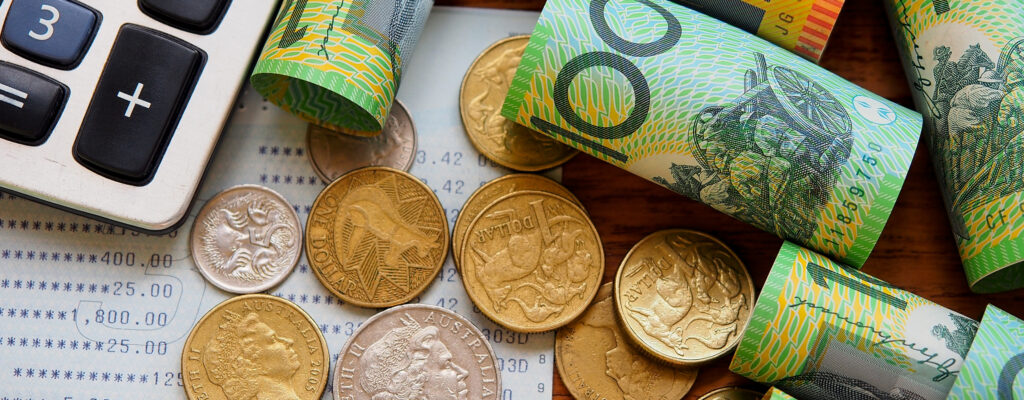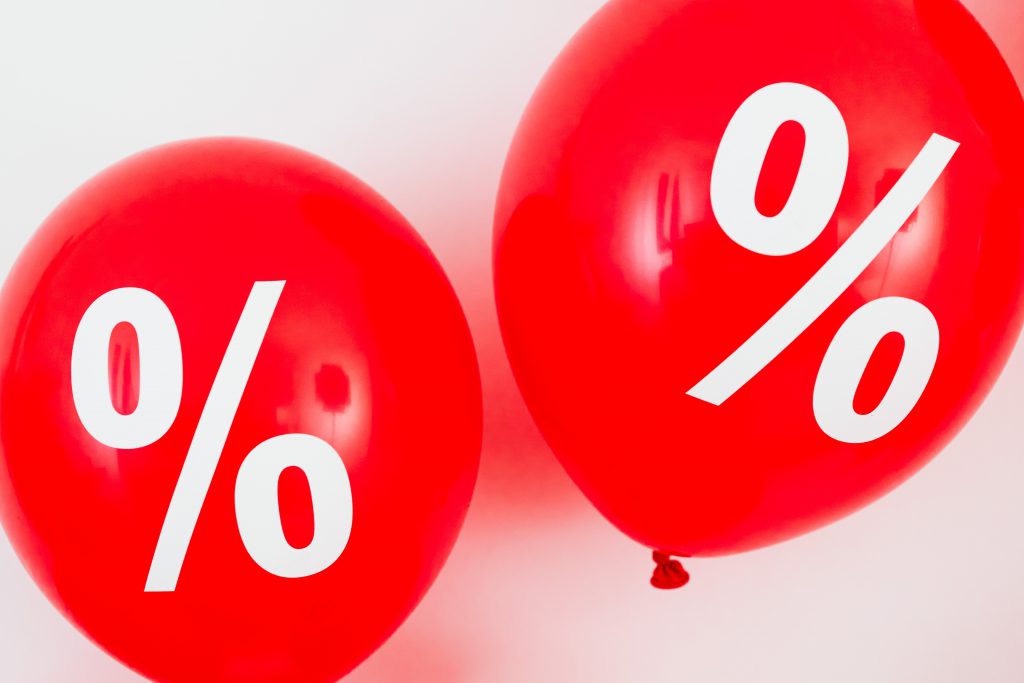Scan this article:
Many central banks around the world right now are either raising interest rates or getting ready to – signalling a major economic shift both in Australia and abroad.
But what are interest rates, why are they rising and how do they affect you and your money? Find out below.
What are interest rates?
The official interest rate or cash rate is set by central banks, institutions that manage a country’s financial stability. In Australia, this is the Reserve Bank of Australia (RBA).
The interest rate they set each month essentially determines how expensive it is to loan money out. In economic terms, the lower the official rate, the ‘cheaper’ money is and vice-versa.
How do interest rates affect me and the economy?
By changing the official interest rate, the RBA can influence how much money flows through the economy and essentially decide to stimulate or slow down the economy. In very simple terms, here’s how it works.
Let’s say the RBA lowers the official cash rate by a margin of 0.25%.
- Banks and credit unions generally lower the interest rates they pay on deposits.
- Lenders generally lower the interest rates they charge on loans.
As a result, you are being paid less interest on your savings and are also charged less when you borrow money. Consequently you’re more inclined to spend your cash or invest it into riskier assets in order to grow it more quickly.
You’re also more incentivised to take out a loan such as a mortgage because your repayments to a lender will shrink. In turn, you’ll have more cash leftover to spend or invest.
In other words, you are more inclined to spend more money when interest rates are lower. Businesses are the natural beneficiaries of the increased spending and the economy grows as a result.
Another result is that asset prices, such as house prices, tend to rise due to lower interest rates.
The opposite happens when interest rates rise and money becomes more ‘expensive’. Loans become harder to repay and you receive more money by simply leaving your savings in the bank.
As investors get a better return on their savings, they’re less likely to invest in riskier assets and are more likely to save their money. In this way, rising interest rates put more pressure on businesses and stock prices as a result.
This second scenario is now looking like it will play out in the next 12 months – and likely beyond.
Why raise rates?
If low interest rates are good for business, consumers and share prices, why do central banks raise them?
During tough times, such as a recession, it makes sense for central banks to lower the official cash rate to help grow the economy. This is exactly what the RBA has done leading up to and through the COVID-19 pandemic as growth slowed and a recession (briefly) set in.
However, all of the stimulus that governments and central banks unleashed have actually made many economies around the world grow so strongly – and raise inflation so quickly – that some think it is time to slow them back down a little bit.
By raising rates again, central banks can try to manage inflation and keep the economy growing at a more steady rate. It also means they have room to cut when the next economic downturn rolls around.
How will higher interest rates impact my investments?
No one can say exactly what might or might not happen to the market when interest rates go back up but we can draw some general conclusions.
For one, higher interest rates will likely add more pressure to companies that are trading at high valuations. They may need to perform strongly or risk a sell-off. The same can be said for loss-making companies as investors generally look for value over growth.
In part, higher interest rates typically mean that investors can generate better returns by taking on less risk which may see more speculative assets and sectors struggle as well.
Of course, there are no sure things in investing. The uncertainty of what may happen in part is why markets corrected in January as the U.S. Federal Reserve signalled it would begin hiking rates in March and removing other economic supports.
But as we have seen in the days since, markets have again rebounded to recover some of their year-to-date losses.
The important thing to remember is that any interest rate hikes are coming as economists continue to project strong growth. If healthy companies can continue to grow throughout this transition period, markets may be able to take higher rates in their stride.
Looking to get a bit more technical? The RBA explains the interest rate dynamic in more detail here.

Become a part of
our investors' community
Why you should join us:
- Join free and invest with no monthly account fees.
- Fund your account in real time with PayID.
- Get investing with brokerage from $2. Other fees may apply for U.S. shares.
Read our latest articles
Make knowledge your superpower and up your skills and know-how with our news, educational tools and resources.
















